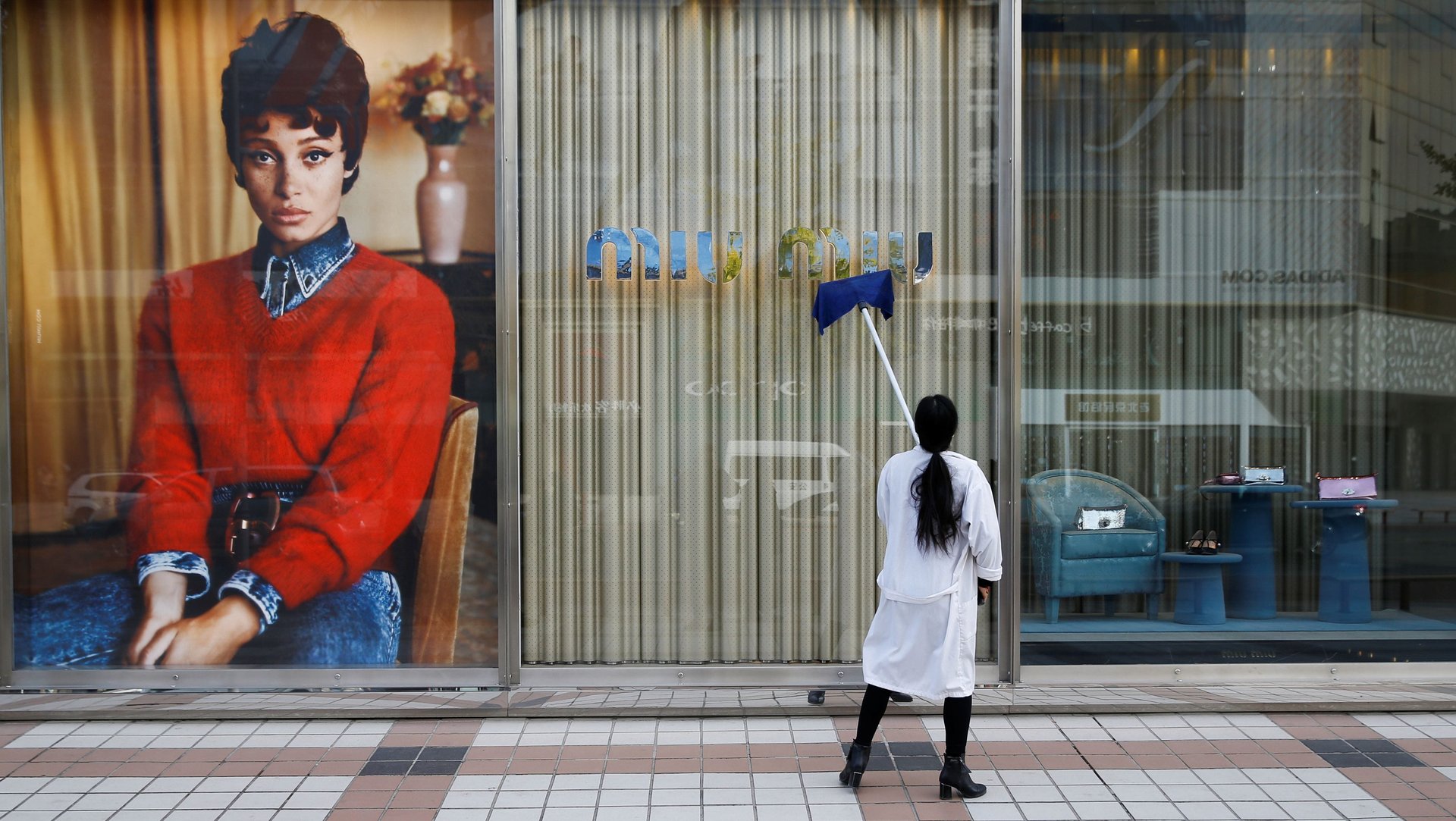One in five jobs China’s civil service is hiring for ask for men
If you’re a woman, you need not bother applying to hundreds of job openings for China’s national civil service, just posted by the government late last month.


If you’re a woman, you need not bother applying to hundreds of job openings for China’s national civil service, just posted by the government late last month.
Of the nearly 10,000 job postings (in Chinese) for 2019, some of which were for multiple vacancies, 19 percent specifically state that they are “men only” or “men preferred,” according to an analysis by Human Rights Watch. Not one posting stated a requirement or preference for women, the group said.
“This means that the Chinese government considers there to be many jobs that women cannot do or do as well as a man, but none only women can do,” Human Rights Watch said in a statement Thursday (Nov. 8).
The civil service jobs are some of the most competitive in the country, with relatively high salaries and good benefits. But with the explicitly sexist job listings, women are denied a real opportunity to compete for the job. The rights group says that the share of civil service jobs listing a preference for men, or “men only,” has gone up in recent years, with only 13% of 2017 positions described this way.
“President Xi Jinping claims to uphold Chinese law but his administration won’t even protect [aspiring] women civil servants from outrageous discrimination,” said Sophie Richardson, China director at Human Rights Watch. “Chinese authorities need to end this appalling practice in civil service hiring immediately.”
While Chinese law prohibits discriminatory job postings, Human Rights Watch found that descriptions like “frequent overtime work,” “heavy workload,” and “frequent travel” are often listed as reasons for barring female applicants.
An example: a posting (in Chinese) for a data analysis job at the Ministry of Public Security states, “need to work overtime frequently, high intensity work, high responsibility, only men need apply.” According to Human Rights Watch, the ministry is one of the most discriminatory employers among central government agencies, with 27 of its 33 listed positions specifying “men only.”
This phenomenon of blatantly sexist job ads is not isolated to the public sector. Tech giants like Alibaba, Baidu, and Tencent have also been found to list discriminatory job postings. For example, a 2017 ad for a sports editor position at Tencent listed “strong men who can handle night shifts” as one requirement. Other ads promised candidates they would work with “beautiful girls” and “goddesses” who are “charming and alluring.” And then there are the start-ups that specifically search for attractive women to work as so-called “programmer motivators” to chat up male programmers and help them relax with soothing massages.
It all makes for a sobering picture of the realities of being a woman in the Chinese job market. The discriminatory job ads show that they face unfair barriers to even enter the workforce. And, as the growing #MeToo movement in China has revealed, women must then endure a workforce culture in which sexual assault and harassment are rampant.